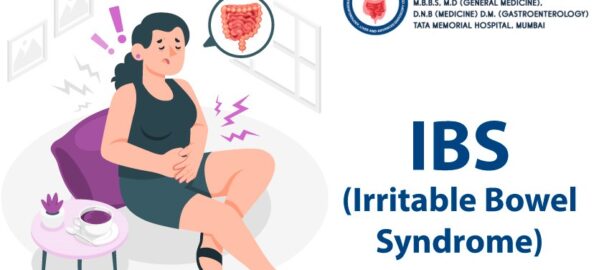Importance of Digestive Health
A healthy digestive system ensures overall well-being. It helps in nutrient absorption, waste elimination, and immune function. Poor digestion leads to discomfort, bloating, and other health issues.
Eat a Balanced Diet
Your diet plays a crucial role in maintaining gut health. Include fiber-rich foods, lean proteins, and healthy fats. Whole grains, vegetables, and fruits support digestion. Avoid processed foods, excess sugar, and unhealthy fats.
Stay Hydrated
Water aids digestion by softening stool and preventing constipation. Herbal teas and fresh fruit juices also contribute to hydration. Limit caffeinated and sugary beverages, as they may cause dehydration.
Incorporate Probiotics and Prebiotics
Probiotics introduce beneficial bacteria into your gut. Yogurt, kefir, and fermented foods are great sources. Prebiotics, found in bananas, onions, and garlic, nourish these good bacteria.
Exercise Regularly
Physical activity enhances digestion by stimulating intestinal movement. Walking, yoga, and other light exercises improve gut health. Avoid prolonged sitting, as it slows digestion and leads to bloating.
Manage Stress Effectively
Stress negatively impacts digestive health. Practice meditation, deep breathing, or hobbies to stay relaxed. Prioritizing mental well-being reduces digestive issues like acid reflux and irritable bowel syndrome.
Get Enough Sleep
Sleep is essential for digestive balance. Poor sleep disrupts gut bacteria, leading to digestive discomfort. Maintain a consistent sleep schedule and create a relaxing bedtime routine.
Avoid Overuse of Medications
Excessive antibiotics and painkillers harm gut bacteria. Always consult a doctor before prolonged medication use. Opt for natural remedies when possible.
Practice Good Hygiene
Wash hands before meals to prevent infections. Ensure food is properly washed and cooked. Avoid contaminated water and food from unreliable sources.
Listen to Your Body
Recognize early signs of digestive issues like bloating, pain, or irregular bowel movements. Seek medical advice if symptoms persist. Preventive care helps avoid severe complications.
Conclusion
A healthy gut contributes to overall well-being. Follow these preventive measures to maintain optimal digestive health. Prioritize a balanced diet, hydration, and stress management for long-term benefits.




